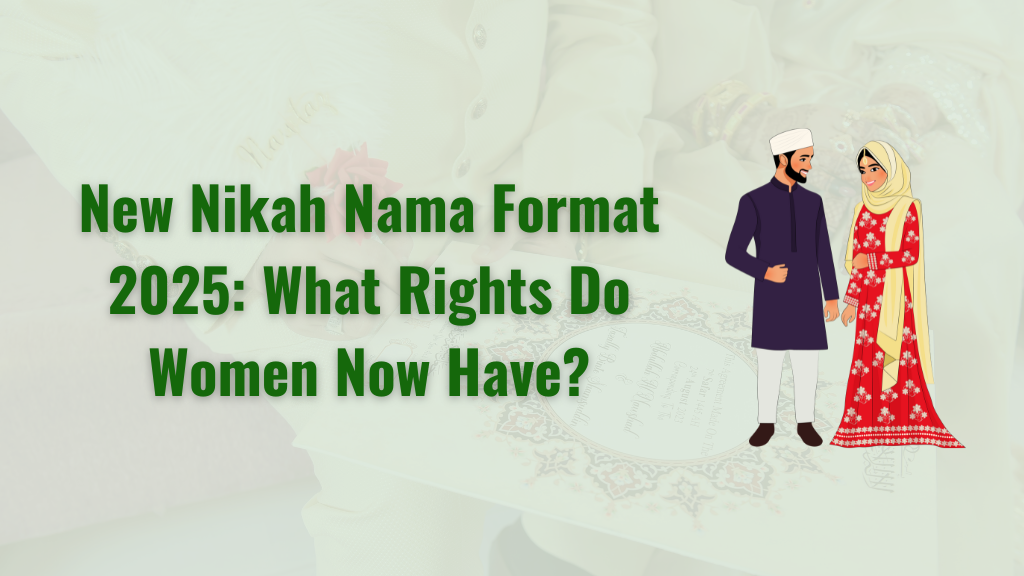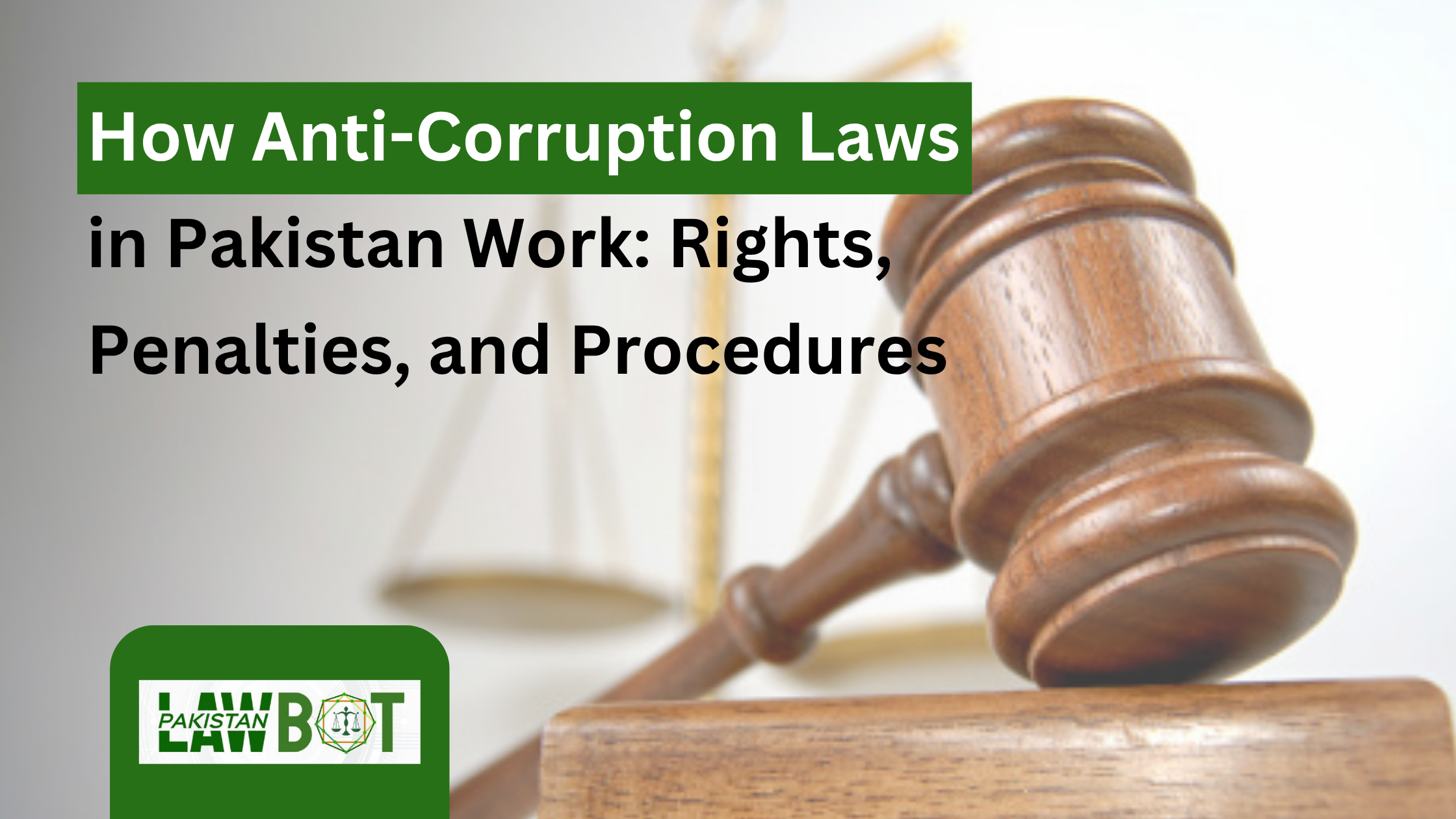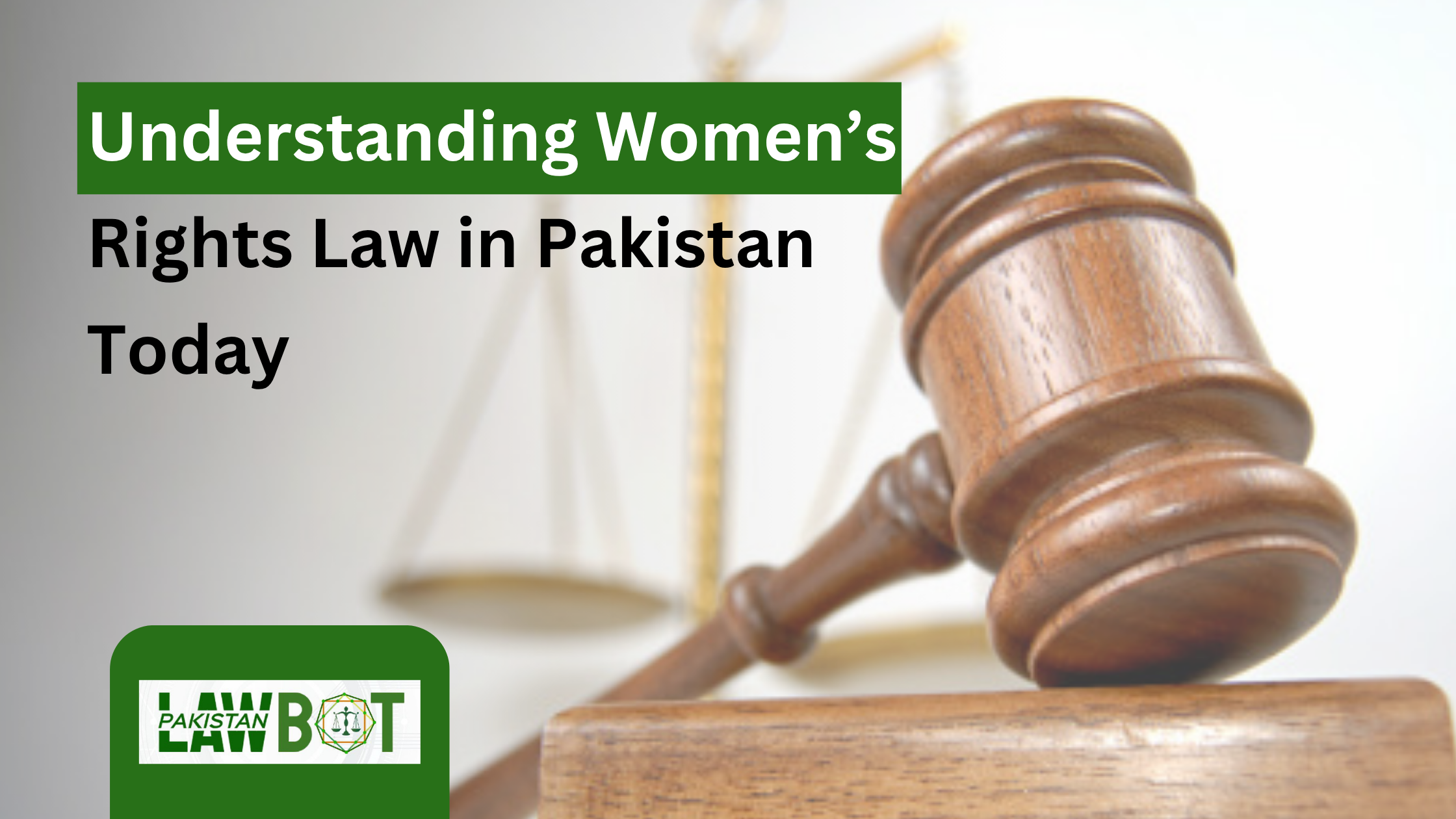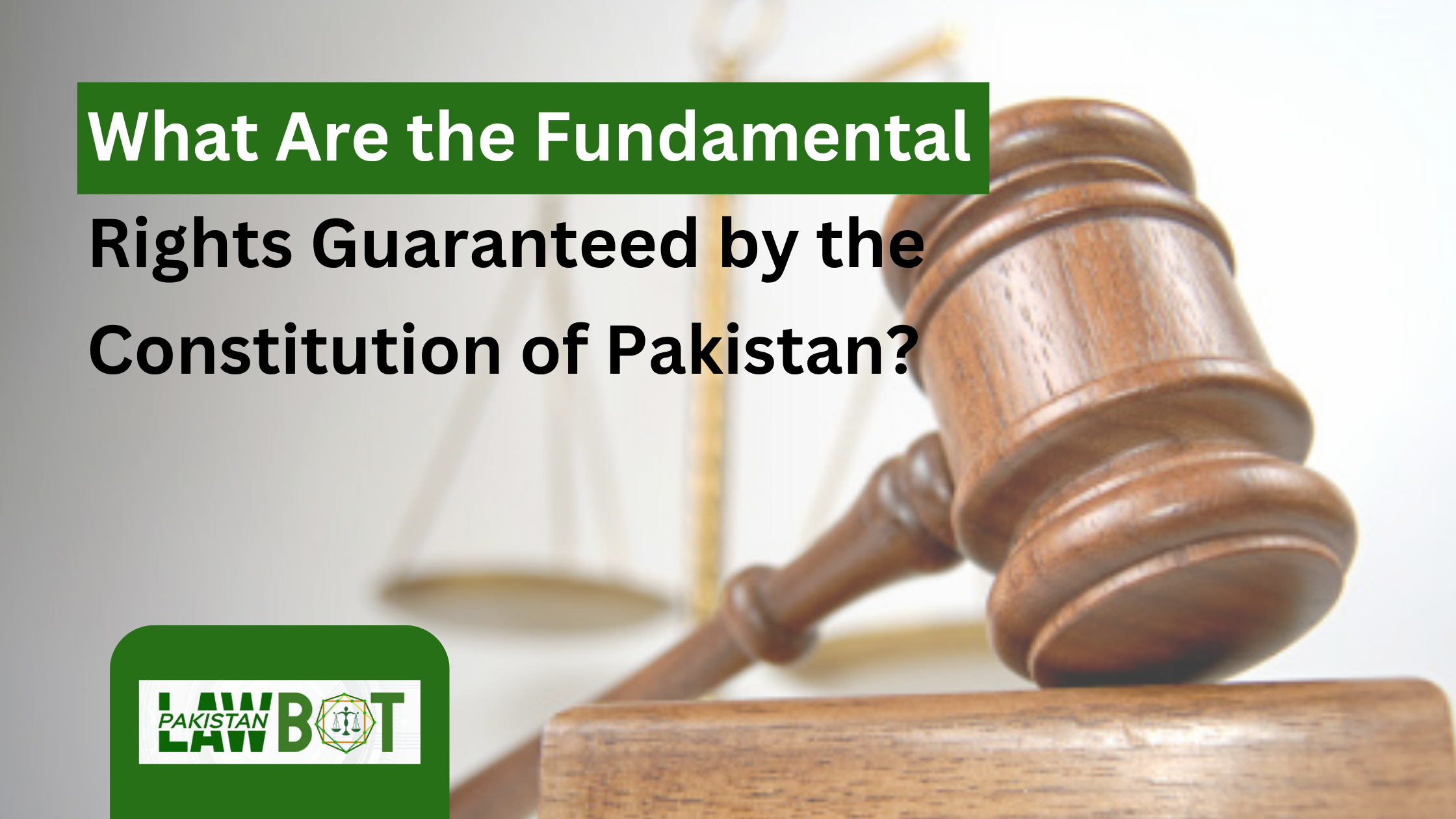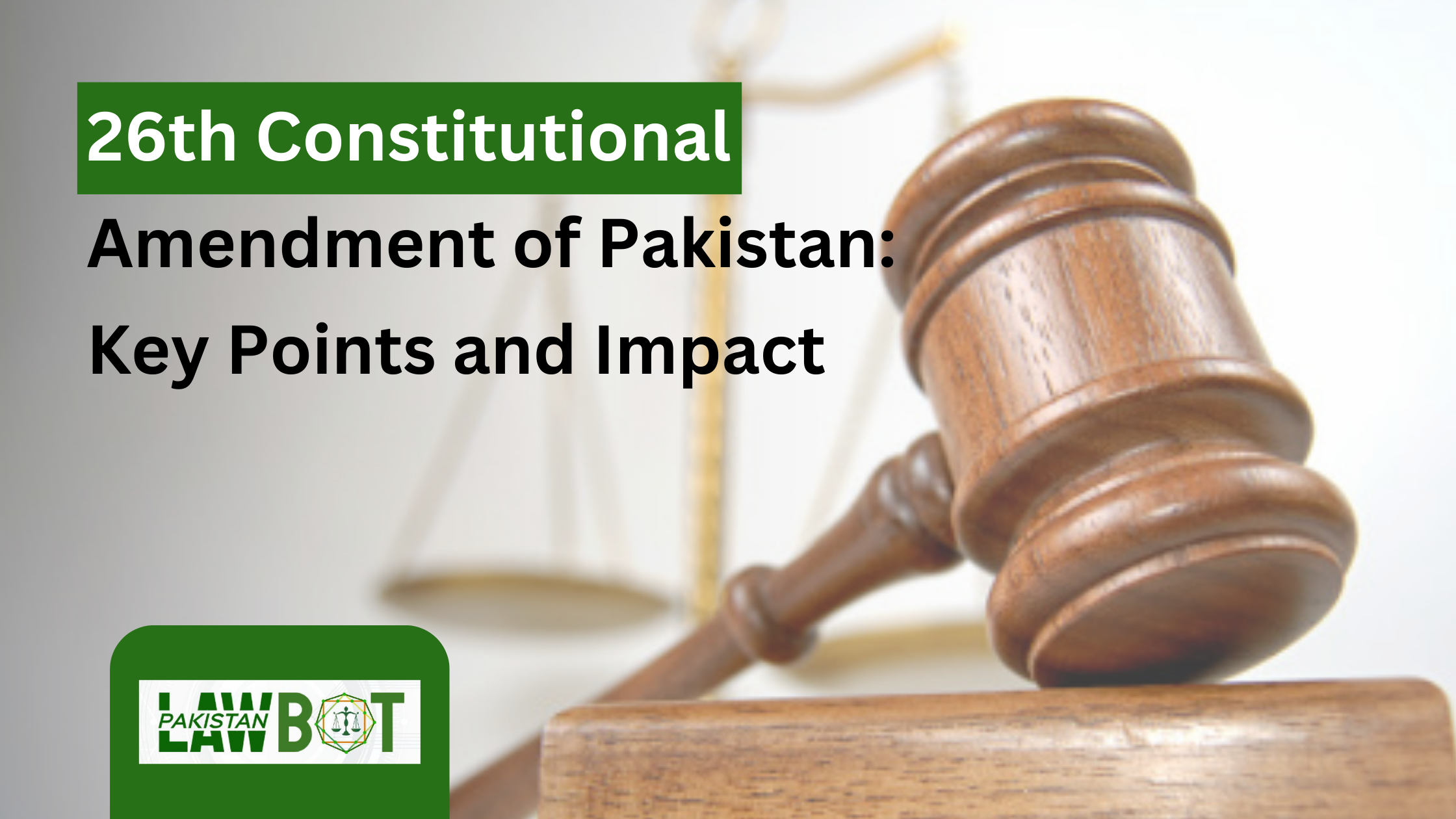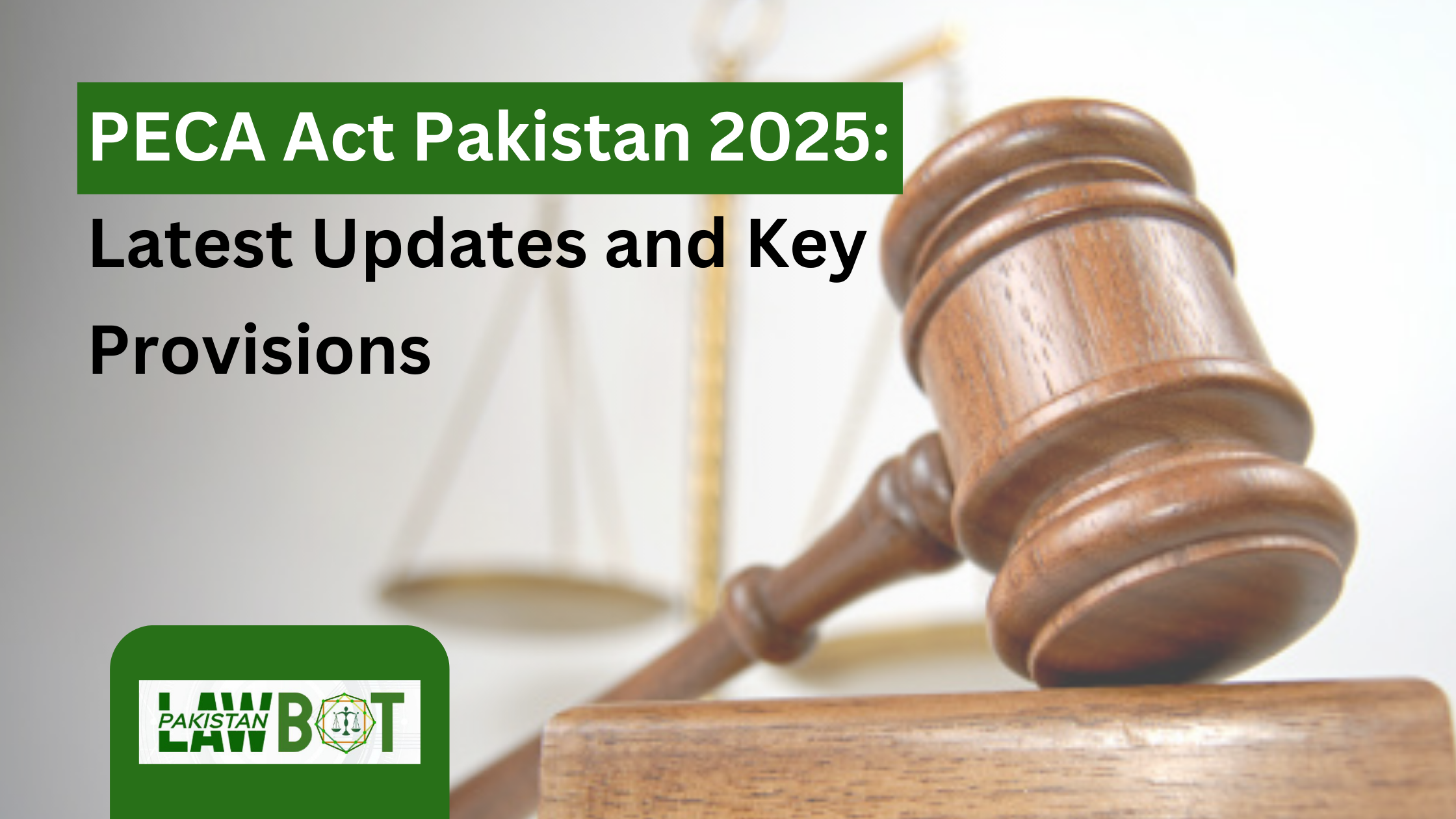The Nikah Nama, or marriage contract, plays a central role in defining the rights and duties of spouses in Pakistan. In 2025, this crucial document underwent a significant transformation. With the introduction of the New Nikah Nama Format 2025, discussions about women’s rights within marriage have gained renewed attention.
This updated format doesn’t just modernize the contract—it strengthens legal protection for women, addresses previous loopholes, and ensures a more equitable foundation for marital life.
Let’s explore the changes and understand how they impact the rights of women in Pakistan.
What Prompted the Change?
A Longstanding Demand for Reform
For years, women’s rights groups, legal professionals, and civil society organizations criticized the older Nikah Nama. It was often outdated, misused, and poorly implemented. Important sections, such as Haqq Mehr or delegation of divorce rights, were frequently left blank or even struck out. As a result, women were routinely denied rights guaranteed by both Pakistani law and Islamic teachings.
Government and Judicial Response
In response, the Law and Justice Commission of Pakistan, along with provincial authorities and religious scholars, took action. They introduced the New Nikah Nama Format 2025 to promote transparency, accountability, and equality within marriages. Their goal was simple: ensure that legal contracts reflect both religious principles and constitutional rights.
Key Changes in the 2025 Nikah Nama
1. Mandatory Completion of Critical Sections
Previously, it was common for families or registrars to skip key clauses. Now, the new Nikah Nama format requires both parties to fill all essential sections, such as:
-
Haqq Mehr details
-
Talaq-e-Tafweez (delegated divorce rights)
-
Maintenance obligations
-
Residential arrangements
Leaving these blank is no longer legally allowed, and the registrar must ensure proper documentation.
2. Legal Awareness Integrated into the Form
To improve understanding, the form now includes informative notes that clarify important legal and Islamic rights. These include:
-
A woman’s right to seek Khula (judicial divorce)
-
Her right to maintenance and shelter
-
Freedom to work, study, or manage property
-
Equal inheritance rights under Islamic law
This addition ensures that both the bride and her family enter marriage fully informed.
3. Clear Provision for Delegated Divorce
Although Islamic law allows a husband to delegate the right of divorce to his wife (Talaq-e-Tafweez), it was rarely practiced. The 2025 format promotes transparency by giving couples the option to discuss and record this right in writing, protecting women from potential injustice in the future.
Rights Women Now Enjoy Under the New Format
Consent Is Now Stronger Than Ever
Marriage without informed consent is invalid in Islam and under Pakistani law. The updated Nikah Nama strengthens this safeguard. Brides must now express consent in writing, and in digital systems, they may also provide audio or video evidence. This ensures no one can force or manipulate the marriage process.
Financial Rights Are Clearly Protected
Detailed Haqq Mehr Entries
The revised form requires a detailed description of Haqq Mehr, covering:
-
The full amount in words and numbers
-
Method of payment—cash, gold, property, etc.
-
Whether it will be paid immediately or deferred
Now, women can demand and legally enforce the payment of Haqq Mehr without ambiguity.
Legally Binding Maintenance Clauses
Maintenance was often a gray area in older formats. The new Nikah Nama includes a separate section for monthly maintenance, outlining:
-
Amounts for food, clothing, housing, and healthcare
-
Timelines for provision
-
Legal implications for failure to comply
These additions provide women with more financial security and legal recourse.
Professional and Educational Freedom
Previously, the Nikah Nama didn’t ask whether a woman would work or study after marriage. That has changed. The new format includes checkboxes for the couple to declare agreement on:
-
Continuing education
-
Remaining employed
-
Starting a business or profession
This clause helps avoid future disagreements and protects women’s right to personal development.
Stronger Legal Backing and Implementation
Digital Records via NADRA
To stop tampering, the government has linked the new Nikah Nama system to NADRA’s central database. In the future, digital verification tools such as QR codes may be introduced, ensuring authenticity and easy access to records.
Mandatory Training for Nikah Registrars
To support the changes, registrars must now complete official training programs. These sessions teach them how to:
-
Explain each clause to couples
-
Prevent coercion or misrepresentation
-
Ensure accurate completion of the form
This is a step toward professionalizing the marriage registration process.
Enforceable in Court
With the new format, the Nikah Nama becomes a more powerful legal contract. If a husband violates any agreed-upon terms—such as denying maintenance or preventing his wife from working—courts can hold him accountable. Women can now pursue justice faster and with clearer documentation.
Persistent Challenges on the Ground
Despite these advancements, some obstacles remain:
Cultural Barriers
In many communities, traditional customs still override legal standards. Families may attempt to manipulate or ignore sections they find inconvenient, especially when it comes to financial rights or delegated divorce.
Low Awareness in Rural Regions
Without strong outreach, many rural women may never learn about their rights under the new Nikah Nama. Successful implementation will rely heavily on educational programs, legal support centers, and grassroots efforts.
The Role of Scholars and Media in Promoting Change
To promote acceptance, religious scholars are supporting the changes from an Islamic perspective. Many have confirmed that these revisions align with Shariah and help fulfill the principles of fairness and dignity in marriage.
Moreover, social media campaigns, educational workshops, and advocacy from NGOs are helping women understand and exercise their legal rights. These efforts are essential for ensuring the reforms reach every household, not just urban centers.
Final Thoughts
The New Nikah Nama Format 2025 marks a historic step toward gender justice in Pakistan. It brings clarity, transparency, and enforceable protections to the marital relationship—especially for women.
However, the real success of these reforms depends on implementation, awareness, and cultural acceptance. Stakeholders across society—including government officials, legal professionals, religious leaders, and civil society—must work together to make these rights accessible to all.
Let’s ensure the Nikah Nama becomes more than just paperwork. It should serve as a living contract of respect, fairness, and dignity for every woman in Pakistan.
FAQs About the New Nikah Nama Format
Can couples still use the old Nikah Nama?
No. The 2025 format has officially replaced the older version. All registrations must follow the updated layout to be accepted by NADRA and Union Councils.
What happens if a registrar skips important clauses?
Skipping or leaving mandatory sections blank is no longer allowed. If this occurs, couples can report the registrar to the local Union Council or relevant legal authority.
Is delegated divorce permitted in Islam?
Yes. Islamic law permits a husband to delegate the right of divorce to his wife, either permanently or under specific conditions. This practice is supported by all major Islamic schools of thought.
👉 Explore more legal rights for women in Pakistan
🔗 Official Update by the Law and Justice Commission of Pakistan

